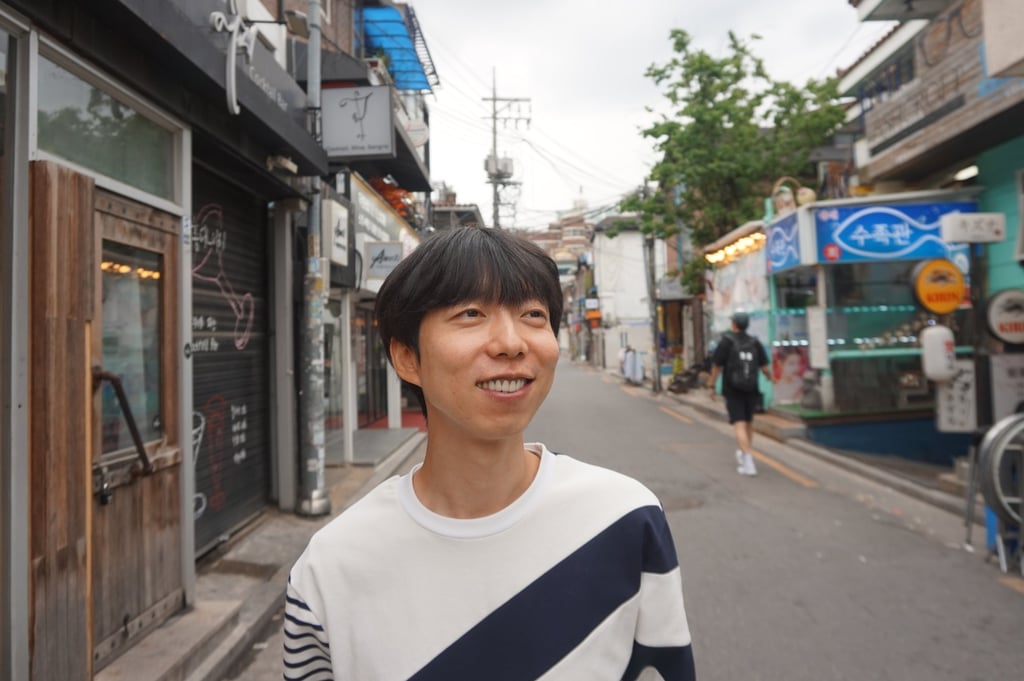‘Quit your job, live your life’: South Korea’s ‘FIRE tribe’ seek financial freedom in an uncertain world
- In the West, adherents of the Financial Independence, Retire Early movement tend to be high-net-worth individuals, but many in South Korea are ‘regular workers’
- They’re young, frugal and ready to retire before they reach 40 – by putting aside as much as 90 per cent of their monthly pay cheques if necessary

The 35-year-old is a member of South Korea’s “FIRE tribe”, a movement that takes its name from the acronym for Financial Independence, Retire Early first popularised by the 1992 book Your Money or Your Life.
FIRE tribe members aim to live frugally and maximise their savings so they can quit their jobs before the typical retirement age, and spend the rest of their lives living off the proceeds.

Kim has about 1.8 billion won (US$1.44 million) in net assets, which he accrued by putting aside as much of his monthly pay cheque as possible – more than 90 per cent at times. He said he achieved this by eating all his meals in the company cafeteria, avoiding any spending on “luxuries” such as designer clothes and expensive coffees, using his company credit card whenever possible, and keeping his monthly outgoings to around US$200.
“I loved working with some great people at the company of my dreams, but I couldn’t control the amount of work that was required of me and there was just no guarantee that things would get better in the future,” said Kim, who worked as a game developer for 11 years, the last five of those at NCSoft Corporation.
He had toyed with the idea of quitting for about five years, he said, but was eventually convinced to do it by his girlfriend, whom he met at work. She also left her job at the game developer in November.